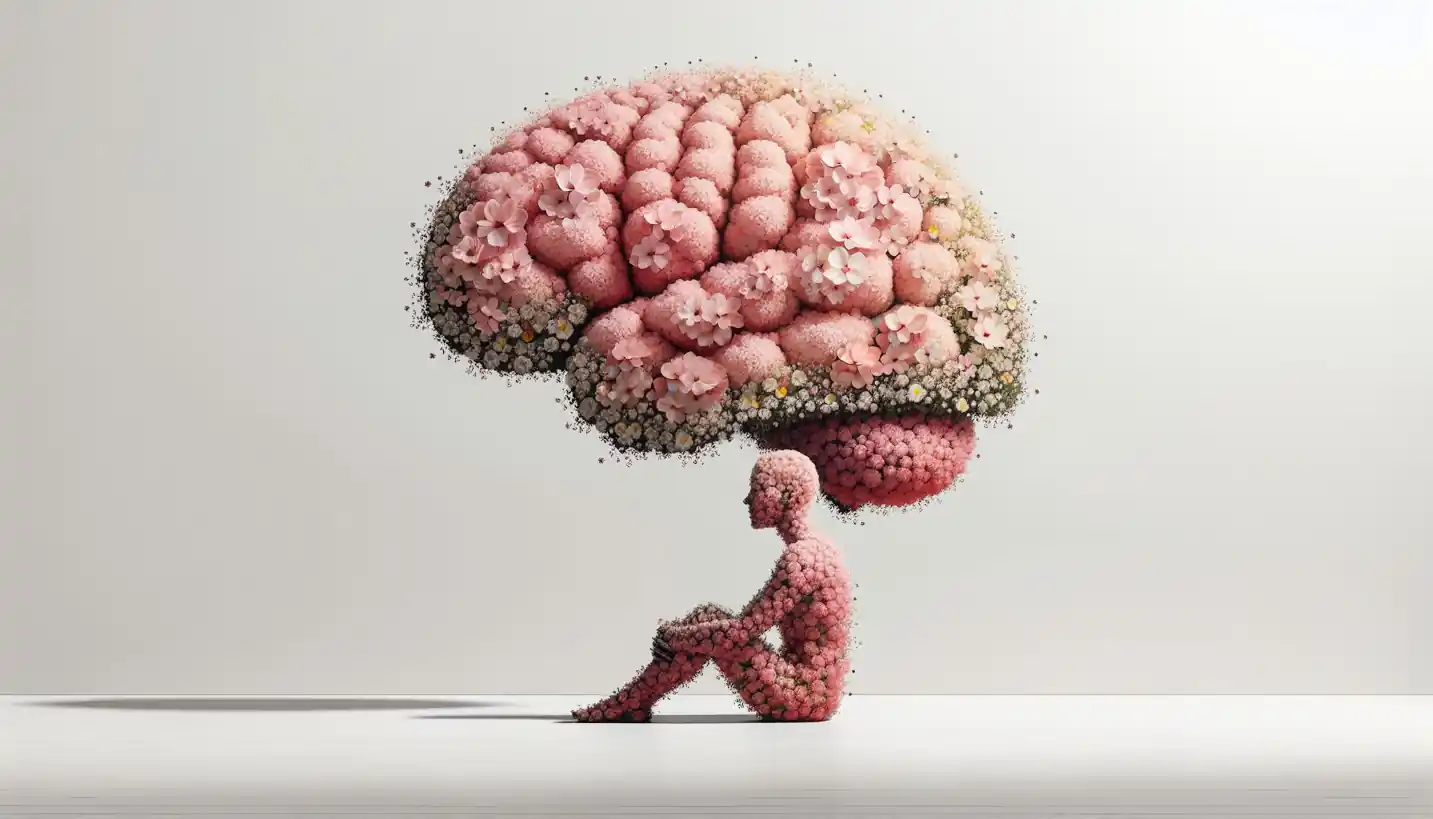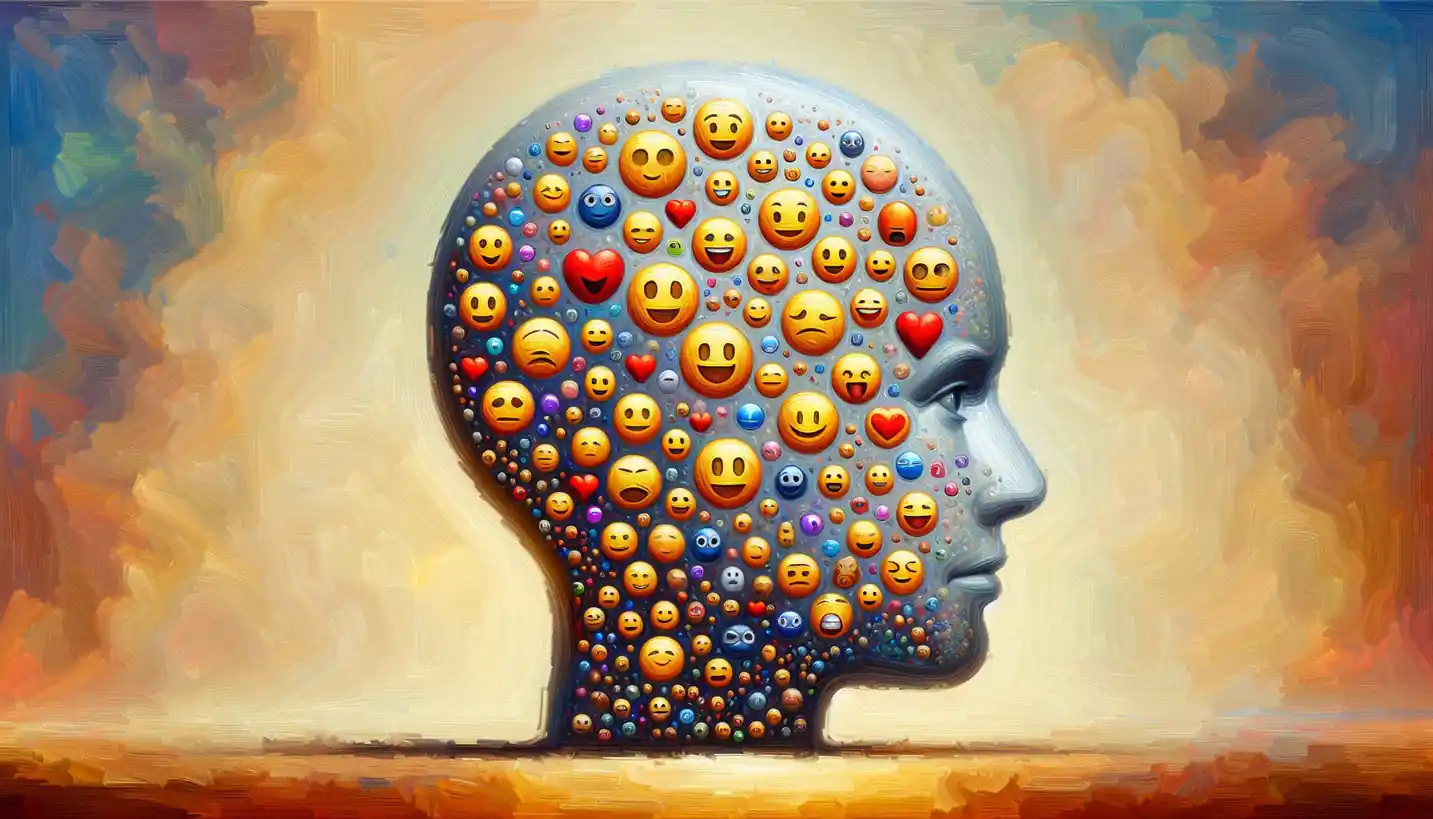· Psychology · 4 min read
Attention: Unraveling a Key Concept in Cognitive Psychology
Attention is a mental spotlight focusing on what matters most. Delve into its workings with cognitive psychology's help.

Picture this: You’re at a busy coffee shop trying to read a book while conversations, the clinking of cups, and music swirl around you. Yet somehow, you manage to focus on the words. This ability to hone in on specific information while filtering out the rest is known as “attention.”
What is Attention?
In the realm of cognitive psychology, attention is like a spotlight. It allows us to zero in on particular details in our environment, making sense of what’s essential and what can be ignored. This mental focus is crucial in our daily lives, helping us to navigate the world efficiently.
Historical Perspectives
The concept of attention has intrigued scientists for centuries. One famous story involves William James, a pioneer in psychology, who described attention as the mental process where we take possession of one stream of thought while withdrawing from others. His definition highlights how selective attention acts like a mental sieve.
How Does Attention Work?
Imagine your brain as a bustling library. Attention serves as the librarian, deciding which books (or stimuli) deserve a closer look. But how does your mind make these choices? It relies on a mix of automatic and controlled processes. Automatic processes are fast and happen without much thought, like noticing a loud noise. Controlled processes require more effort, such as studying for exams.
Types of Attention
Selective Attention: This is like tuning into your favorite radio station while ignoring static. It helps you focus on relevant information.
Divided Attention: Often called multitasking, it’s your brain’s way of juggling several tasks at once, though studies suggest our efficiency dips when we try to do too much.
Sustained Attention: Imagine a long-distance runner maintaining pace. This form of attention keeps you focused over time, crucial for activities like listening to a lecture or driving.
Alternating Attention: Think of a chef switching between chopping veggies and checking a simmering sauce. This involves shifting focus from one task to another smoothly.
The Neuroscience of Attention
Our brains are attention powerhouses, with various regions working together. The prefrontal cortex acts as the conductor, managing your focus, while the parietal lobes handle spatial layout awareness. Attention also taps into networks of neurons that release chemicals like dopamine, which can boost alertness.
Functions of Attention
Attention isn’t just about focus. It filters sensory information, enhances perception, and even controls memory recall. If you’ve ever wondered why some experiences seem vivid while others fade away, attention is likely the key player.
Factors Influencing Attention
Several factors affect how we pay attention. Emotions, for instance, can amplify focus; a suspenseful movie scene may have you glued to the screen. Stress and fatigue can, however, muddy the waters, making it harder to concentrate.
Everyday Applications of Attention
Attention is everywhere in our daily routines. Schools design curricula to capture students’ attention through engaging lessons. Marketers use flashy ads to catch the eye of potential customers. Understanding attention helps us create environments conducive to learning and productivity.
The Role of Attention in Learning
In educational settings, attention is critical. Teachers use various techniques to maintain students’ interest. Interactive activities and a stimulating atmosphere can boost classroom attention spans.
Attention Improvement Techniques
Like any skill, attention can be honed. Mindfulness practices, like meditation, have been shown to enhance focus by training the brain to linger in the present moment. Simple changes, such as reducing distractions and getting adequate rest, can also sharpen attention.
Future Research Directions
Despite its foundational role, there is still much to learn about attention. Future research might explore how digital technology affects our focus, given our increasingly plugged-in lives. Investigating attention’s role in mental health disorders, like ADHD, could lead to better interventions.
Why is Understanding Attention Important?
Attention isn’t just an academic topic—it’s a fundamental part of how we interact with our world. From education to the workplace, knowing the ins and outs of attention can lead to more effective learning environments and improved mental health strategies.
Open Questions in Attention Research
Understanding the full depth of attention opens several intriguing questions. How exactly does technology impact our attention spans? Can we develop techniques to train attention in younger children more effectively? The journey of exploring attention is as vast as it is vital.
Understanding attention gives us insight into the complex workings of our minds, helping us navigate the distractions of everyday life efficiently. By honing our focus, we can enhance our ability to connect, learn, and grow, making the most out of every moment.


